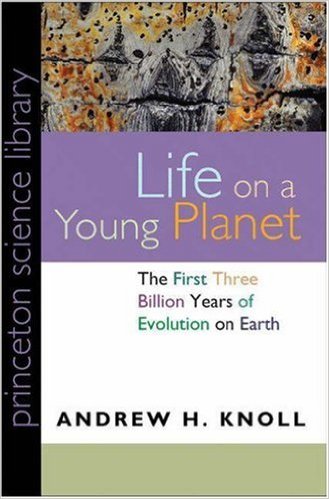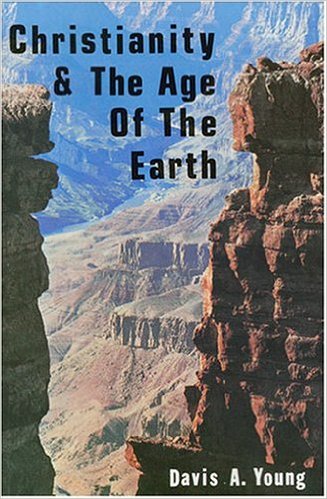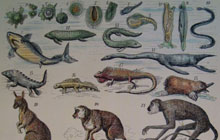The traditional naturalistic response to the question of the age of the earth is to point solely to recent scientific “facts” that supposedly prove the earth (and the universe) is billions of years old. For a glimpse into this worldview, watch the following video from Smithsonian. Though the video represents just one argument for an old earth, it is one of the most prevalent in modern secular scientific circles (Source).
Though today’s secular scientists largely agree that the earth is about 4.5 billions years old, this is a new consensus.In recent history, scientists employed numerous methods to determine the age of the earth, and most of them yielded vastly different results. Watch the following video by Universe Today for a brief overview (Source).
Though naturalism by definition does not completely deny the possibility of a deity, most naturalistic scholars are also self-identified atheists. Bill Nye, a popular scientist often cited by modern media, adamantly rejects the notion that God miraculously created the world in the not-so-distant past. In the following video, Nye argues that not only is the earth very old, but also that humans do not represent the ultimate creation. In Nye’s words, “We are not what some entity created as his or her best work. We are just one more step on the evolutionary timeline” (Source).
Like Nye, notorious atheist Christopher Hitchens believed that creationism has no business in the classroom:
We do not and we should not teach rubbish and superstition alongside science. “Intelligent design” is not even a theory. It is more like a mentality. It admits of no verification or falsity and does not deserve to be mentioned in the same breath as a series of hypotheses and experiments that have served us well in analyzing the fossil record, the record of molecular biology, and—through the unraveling of the DNA strings—our kinship with other species (Source).
Richard Dawkins, another prominent secular scholar, proposes that creationism and evolution are mutually exclusive. When answering a question about whether he enjoyed controversy, Dawkins explained,“It has to be controversial; it can’t be anything else. We have an absolute impasse between creationism and evolution; they are incompatible, and one is right and one is wrong” (Source). Dawkins explains in the following video that young-earth creationists must be either completely ignorant or insane in order to uphold their worldview (Source).
Bill Nye, Christopher Hitchens, and Richard Dawkins all represent an old-earth position that makes no room for the idea that man was made in the image of God—an idea that is quintessential to the Christian faith. They argue that young-earth creationism and the intelligent design theory are merely pseudoscience and are actually harmful concepts that should be deliberately removed from all classroom discussion and scientific discourse.








